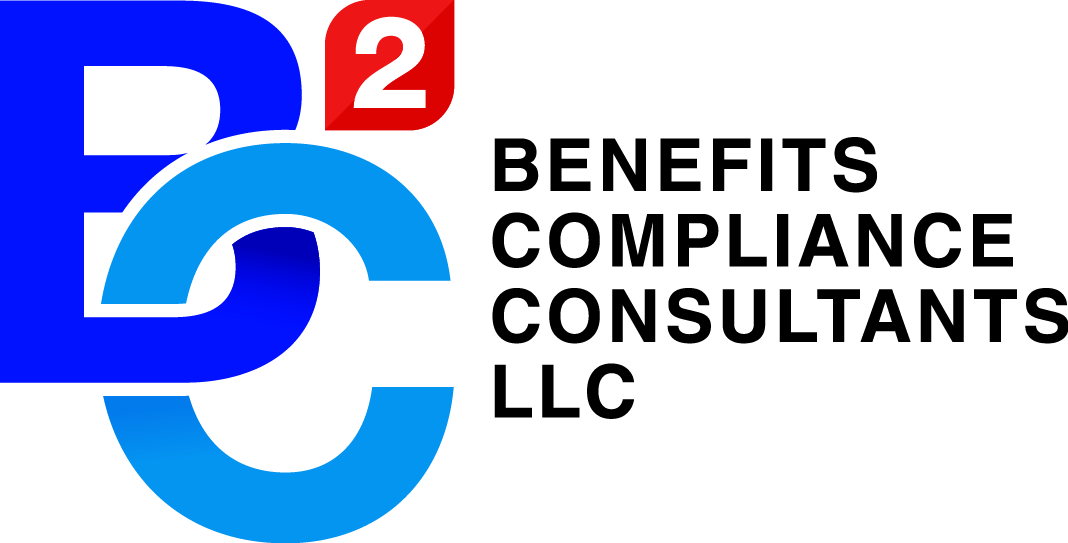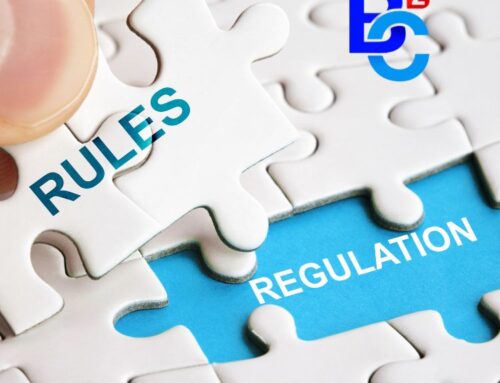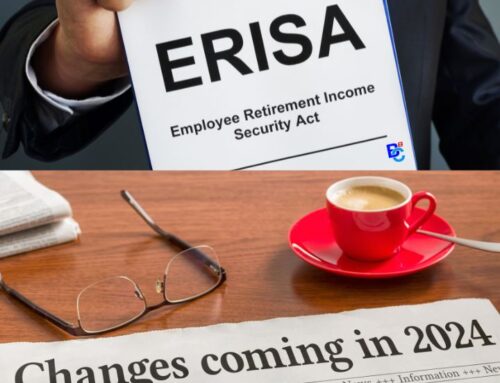ERISA, which stands for Employee Retirement Income Security Act is a federal law that safeguards retirement plans such as 401ks and health and welfare benefit plans for private employers. The law has been amended many times since its inception in 1974 in order to provide wider benefits for participants and beneficiaries. The law is administered by the Department of Labor and while violation can have serious consequences in the way of penalties imposed by the DOL, participants and beneficiaries can also launch lawsuits against employers who they feel are not ERISA compliant.
Any employer who maintains welfare benefits plans for employees is subject to this law. This includes corporations, partnerships, limited liability companies, sole proprietorships and nonprofit organizations. The size of the employer doesn’t matter – so long as the employees are subject to benefits the employer is subject to ERISA compliance. There are, however, a couple of exemptions:
• Benefits plans that are maintained by government employers are not subject to ERISA and that includes local, state and federal.
• Benefits plans that are maintained by religious organizations are also exempt.
A small employer who wants to be exempt would have to find a way to fit in either of these two categories.
Which benefits are covered by ERISA compliance?
There are many of them and that is why many employers would rather hire a consultant to deal with this specific issue. Compliance can be tricky and confusing and sometimes employers find themselves afoul of the law through no fault of their own. The benefits that are covered include:
• Medical, hospital and surgical benefits
• Dental benefits
• Vision benefits
• Prescription drug benefits
• Health reimbursement benefits
• Health flexible spending accounts
• Group insurance benefits
• Accidental death and dismemberment
• Death benefits (not life insurance)
• Wellness programs
• Employee assistance plans
• Short term and long term disability benefits
• Disease specific benefits
There are certain benefits that are not covered under ERISA compliance:
• Adoption assistance plans
• Section 125 premium only plans
• Commuting benefits
• Dependent care assistance programs
• Health saving accounts
• Pet insurance
• Financial retirement planning programs
• Health and exercise club memberships
• Liability insurance plans
• Professional development classes
• Scholarship programs
• Tuition reimbursement
• Workman’s compensation as provided by state law
As is often the case with the law, in each of these categories there are clauses and sub-clauses that can be very confusing to a layman. Even for those who understand the law navigating the issue can be a time consuming process that takes them away from other more important duties in the workplace. That is why it is such a good idea to hire a consultant. An ERISA compliance consultant understands what it means to be ERISA complaint and ensures that all clients are doing as required by law.
How do you choose an ERISA compliance consultant?
There are many agencies that claim to help employers with ERISA compliance but you should be careful when you are choosing. You should be looking for a consultant who has guaranteed experience in this area – they should be able to show you proof of some of their work. Ideally, a consultant who has been around for at least 10 years is a good idea because in that time they will have gathered the necessary experience to ensure that their clients are ERISA compliant. They also know the loopholes that the government can use to come after you and they will help you plug them.
A good consultant will be ready with advice and play a preventative rather than a curative role, helping you make sure that you have complied with all federal requirements.
Once you hire an ERISA consultant like us you will be doing to ensure that your employees get their benefits as required by law.
Are You ERISA Complaint? Hire a Consultant Like Us.






